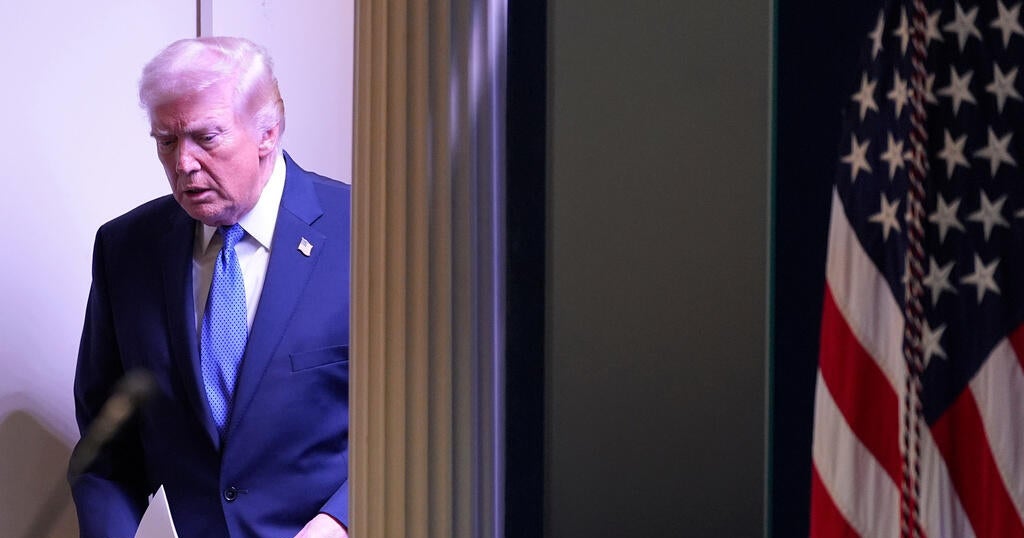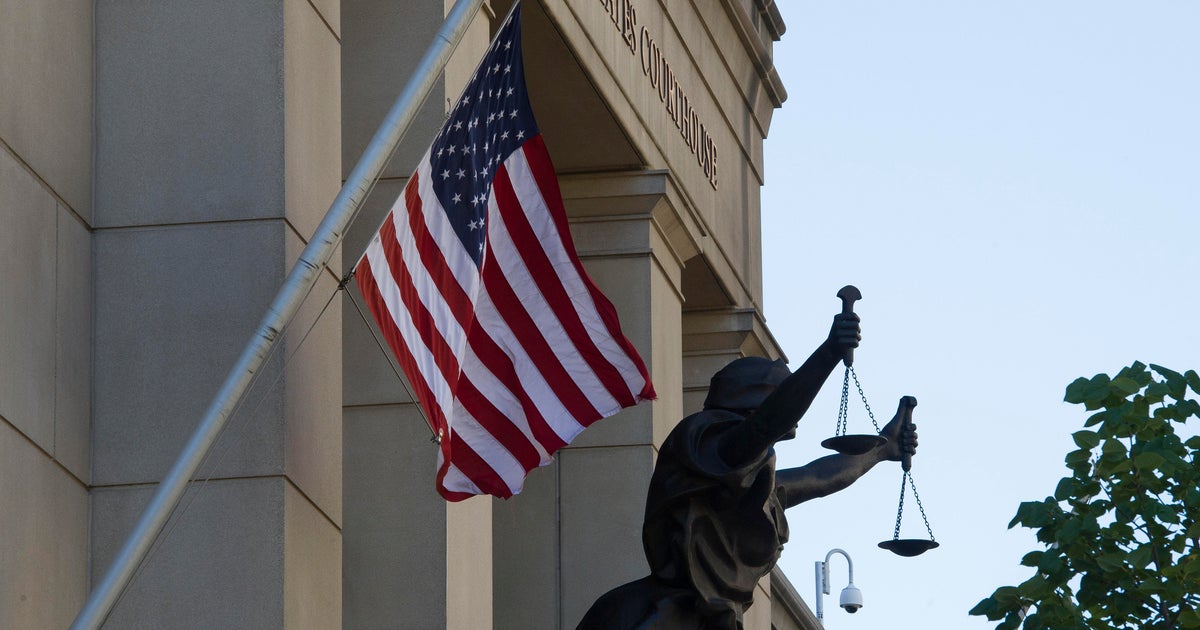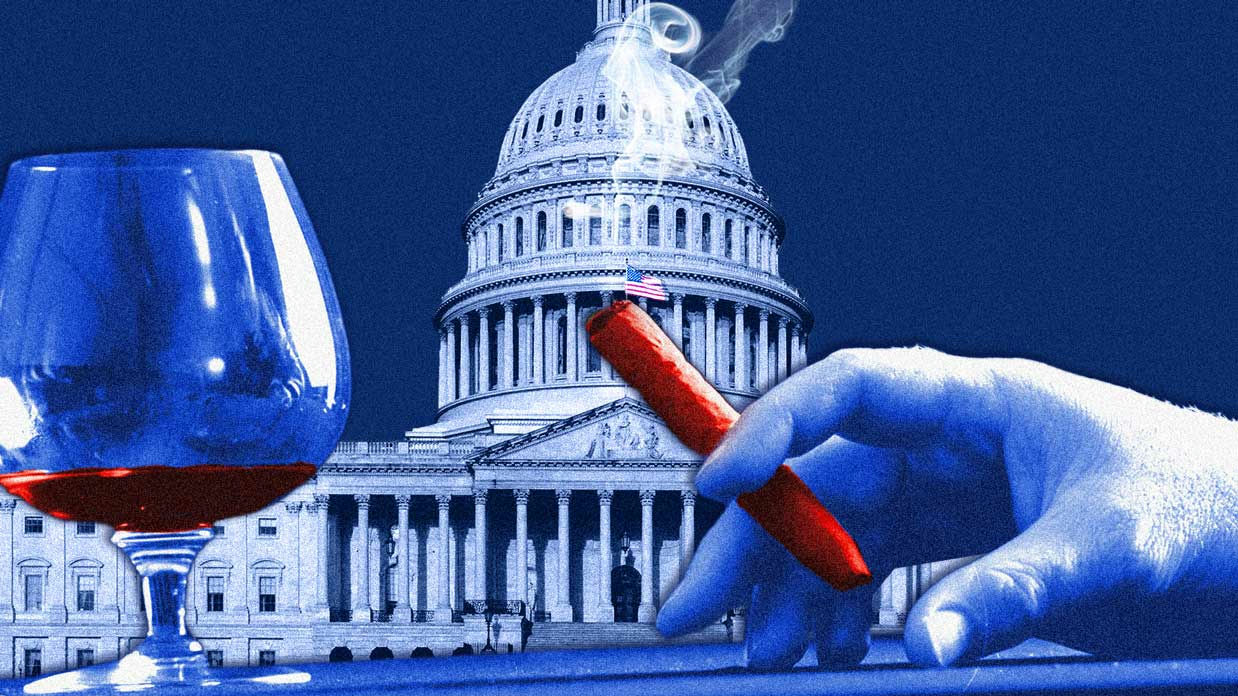What's in the $900 billion coronavirus relief bill passed by Congress?
Washington — Congress approved a massive $900 billion relief bill on Monday evening to provide sorely needed aid to Americans suffering amid the economic fallout from the coronavirus pandemic. While the package includes provisions to extend expiring programs, it only offers temporary relief, and does not address some critical issues such as direct funding for state and local governments.
The bill, known as the Coronavirus Response And Relief Supplemental Appropriations Act, passed with large bipartisan majorities in both the House and Senate. Here is a rundown of some of the key provisions in the legislation, which now heads to the White House for President Trump's signature.
Direct payments
The legislation includes direct payments of $600 per person for adults making up to $75,000 per year and children. This means that a family of four could receive $2,400. The size of the payment decreases for those who earned more than $75,000 per year, and disappears entirely for Americans earning more than $99,000. The income levels are based on Americans' 2019 tax returns.
Treasury Secretary Steven Mnuchin told CNBC on Monday that Americans could begin seeing the payments in their bank accounts as soon as next week.
The size of the checks is significantly smaller than those included in the CARES Act in March, which provided $1,200 for adults earning up to $75,000, although that bill only provided $500 for children.
Expanded unemployment benefits
The bill includes an additional unemployment benefits of $300 per week, on top of states' unemployment insurance. The bill only ensures these additional benefits for ten weeks.
The CARES Act allowed for an additional $600 per week in unemployment benefits, but this provision expired at the end of July. Some Republicans raised concerns that the added benefit meant certain workers earned more while unemployed than they did while working, and argued that this could be a disincentive for returning to work.
The bill also expands the Pandemic Unemployment Assistance program, which aids gig workers, and the Pandemic Emergency Unemployment Compensation program, which extends federal unemployment insurance for people who have exhausted their regular benefits.
Aid for small businesses
The bill includes $284 billion for first and second forgivable loans from the Paycheck Protection Program (PPP), which is intended to aid small businesses. It also expanded PPP eligibility for nonprofit organizations and news outlets. The bill includes $15 billion in assistance for live venues, independent theaters and cultural institutions.
The measure provides $12 billion specifically for very small businesses and minority depository institutions. However, it also includes a provision criticized by Democrats as the "three-martini lunch" tax deduction, which allows for tax breaks for corporate meal expenses. It may not offer the immediate relief to restaurants as intended.
Eviction moratorium
The bill extends an eviction moratorium established by the Centers for Disease Control and Prevention (CDC), which was set to expire at the end of this year, to January 31. It can be extended by the incoming Biden administration.
The bill also includes $25 billion in emergency assistance to renters, and $800 million dedicated specifically to Native American communities.
Testing, tracing and vaccine distribution
The bill includes $20 billion for procurement of vaccines, and $9 billion to the CDC and states for vaccine distribution. It also includes $22 billion sent directly to states for testing, tracing and mitigation programs.
The bill did not include direct funding for state and local governments to use as they desire, which was a priority for Democrats. However, it also left out a liability shield for businesses and institutions, which was touted by Senate Majority Leader Mitch McConnell. Congress is likely to pick up both of these issues again in the new year.
School funding
The bill includes $82 billion to help K-12 schools and colleges. It also includes set-asides of $1.7 billion for historically black colleges and universities, tribal colleges and minority-serving institutions, as well as $818 million in relief for outlying areas and the Bureau of Indian Education.
Nutrition and child care
The bill provides an additional $13 billion to raise SNAP benefits by 15%, and extends the Pandemic-EBT program. It also includes $13 billion in direct payments and loans to farmers and ranchers.
The bill includes $10 billion in emergency funds for the child care sector.
Additional provisions
- $7 billion to expand access to broadband
- $45 billion for transportation, including $16 billion for airline and contractor payroll support, $14 billion for transit, $10 billion for state highways, $2 billion for airports, $2 billion for the private bus, coach and ferry industries, and $2 billion for Amtrak
- A provision to end surprise medical billing
- A provision establishing a women's history museum and the National Museum of the American Latino



